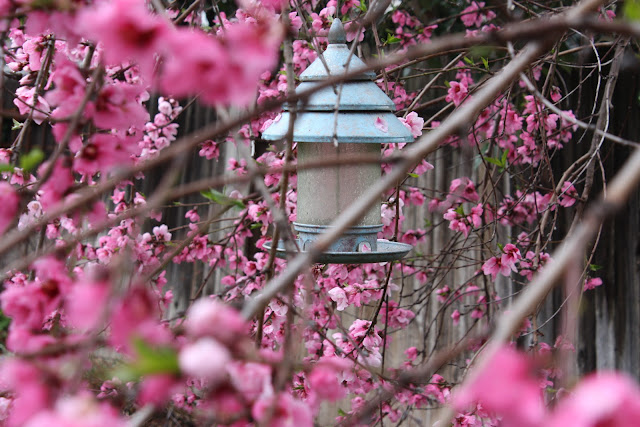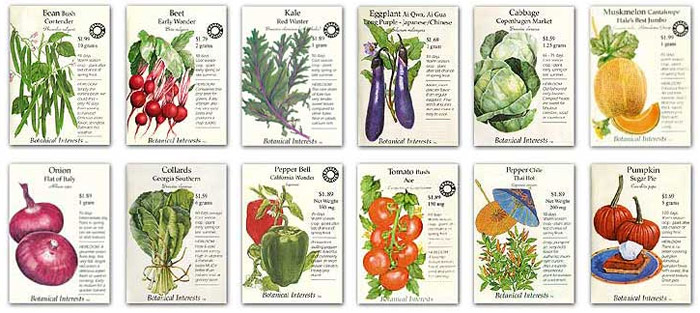It's been just over two years since
I've done a post on Dictionary.com's Word of the Day words that relate to
gardening. I aim to change that today. Without further ado, here
are some of the new words I’ve learned:
quincunx \KWING-kuhngks, KWIN-\, noun:
1. an arrangement of five objects, as trees,
in a square or rectangle, one at each corner and one in the middle.
2. Botany. an overlapping arrangement of five petals or leaves, in which two are interior, two are exterior, and one is partly interior and partly exterior.
2. Botany. an overlapping arrangement of five petals or leaves, in which two are interior, two are exterior, and one is partly interior and partly exterior.
bedraggle \bih-DRAG-uhl\, verb:
to make
limp and soiled, as with rain or dirt.
serotinal \si-ROT-n-l, ser-uh-TAHYN-l\, adjective:
pertaining
to or occurring in late summer.
albedo \al-BEE-doh\, noun:
1. the white, inner rind of a citrus fruit.
2. Astronomy. the ratio of the light reflected by a planet or satellite to that received by it.
3. Meteorology. such a ratio for any part of the earth's surface or atmosphere.
2. Astronomy. the ratio of the light reflected by a planet or satellite to that received by it.
3. Meteorology. such a ratio for any part of the earth's surface or atmosphere.
commissure \KOM-uh-shoor, -shur\, noun:
1. a joint; seam; suture.
2. Botany. the joint or face by which one carpel coheres with another.
3. Anatomy, Zoology. a connecting band of nerve fiber, especially one joining the right and left sides of the brain or spinal cord.
2. Botany. the joint or face by which one carpel coheres with another.
3. Anatomy, Zoology. a connecting band of nerve fiber, especially one joining the right and left sides of the brain or spinal cord.
lea \lee, ley\, noun:
1. a tract of open ground, especially grassland;
meadow.
2. land used for a few years for pasture or for growing hay, then plowed over and replaced by another crop.
3. a crop of hay on tillable land.
2. land used for a few years for pasture or for growing hay, then plowed over and replaced by another crop.
3. a crop of hay on tillable land.
bosky \BOS-kee\, adjective:
1. covered with bushes, shrubs, and small
trees; woody.
2. shady.
2. shady.
sessile \SES-il, -ahyl\, adjective:
1. Zoology.
permanently attached; not freely moving.
2. Botany. attached by the base, or without any distinct projecting support, as a leaf issuing directly from the stem.
2. Botany. attached by the base, or without any distinct projecting support, as a leaf issuing directly from the stem.
albumen \al-BYOO-muhn\, noun:
1. the white of an egg.
2. Botany. the nutritive matter around the embryo in a seed.
2. Botany. the nutritive matter around the embryo in a seed.
pluvial \PLOO-vee-uhl\, adjective:
1. of or pertaining to rain; rainy.
2. Geology. occurring through the action of rain.
2. Geology. occurring through the action of rain.
But what good is learning new words if you
can’t put them into a sentence? Here’s
my attempt to use all these new words in one very short story:
The Gambling Gardener
Deep in the serotinal era of his life, the bedraggled gambler had a flash
of clarity. He had been waiting for the new card dealer to get set up when he realized that his ever-expanding butt
and the stool at the blackjack table had formed a veritable sessile. If he didn’t move
soon, he’d never do anything else with his life. In that moment, like the moment before we die, he recalled his entire youth and experienced, if only briefly, the unbridled joy he used to feel while exploring the bosky acreage around the home he grew up in. The memory triggered in him
an unquenchable desire to seek out his own lea in a pluvial land. He could buy it with what was left of his gambling winnings if he walked away from the table now. The land would be a blank slate upon
which he could impress a new set of ideals, his own will, and a new system of taking chances against all odds. He decided he would buy plants that were on the very edge of his USDA Hardiness Zone. He would put full sun plants in part shade. He would not pay much attention to spacing requirements either. He was, after all, a gambler at heart.
And in
return, the land would nurture him as the albumen does the unborn chick. He would emerge from his shell and, in time, he would peel off the remaining albedo of his old life like a child before eating an orange and what was left would be exquisite. He would become a gardener. He would sink roots into the land. His shovel would be a commissure between him and the soil. And every time he planted something, he would
arrange it in a quincunx to remind himself of the dice he used to roll and how he
could now enjoy rolling the dice on a new life.
He swore to himself that he would do all of this and more . . . after one more hand.



















